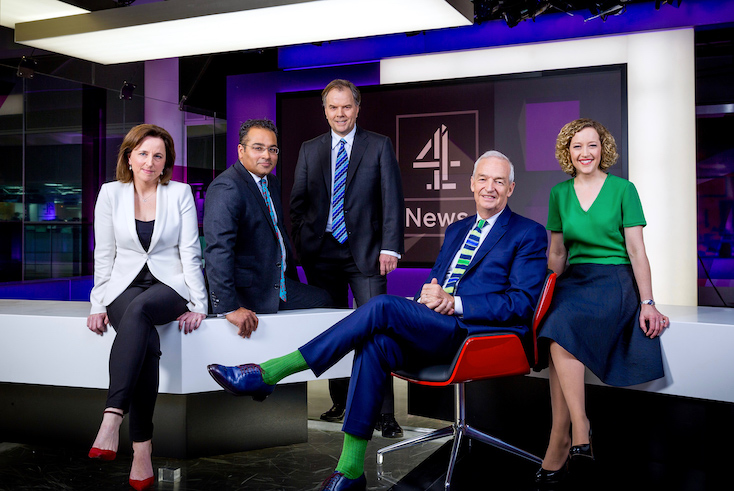|
Raymond Snoddy |
Deadline looms for Channel 4 ownership consultation

JohnDean,
Creative Director,
John C Dean,
on 14 Sep 2021
HannanMajid,
Filmmaker,
Rainbow Collective,
on 14 Sep 2021
JamesWalker,
IT Programme Manager,
NHS,
on 14 Sep 2021
AlisonBrown,
Communications,
Frontline Communications,
on 14 Sep 2021
NickAbadzis,
Writer/Artist/Filmmaker,
n/a,
on 14 Sep 2021
GlenworthCummings,
Does it matter?,
Again, does it matter?,
on 14 Sep 2021
RexWalters,
Retired RN,
NHS,
on 14 Sep 2021
JustinLewis,
Editor,
Freelance,
on 14 Sep 2021
LiamSherry,
Videographer,
Freelance,
on 14 Sep 2021
JessAdams,
Retired,
N/a,
on 14 Sep 2021
MorvernRennie,
Operations & Project Manager,
Scottish Parliament,
on 14 Sep 2021
BazKelly,
Technical IT Consultant,
PwC,
on 14 Sep 2021
NeilMartin,
Director,
Ancestry,
on 14 Sep 2021
MargaretKinsella,
Retired,
NHS,
on 14 Sep 2021
ArabellaTullo,
N/a,
N/a,
on 14 Sep 2021
StuartAlexander,
Sales,
Iguitar,
on 14 Sep 2021
AlexPaknadel,
Writer,
self-employed,
on 14 Sep 2021
AlexCrawford,
Head of Film Insight UKI,
ODEON,
on 14 Sep 2021
NormaBarclay,
Volunteer,
.,
on 14 Sep 2021
DavidGardiner,
Clinical coder,
NHS,
on 14 Sep 2021
AdrianHighland,
Healthcare worker,
NHS,
on 14 Sep 2021
FionaMcDonald,
Doctor,
NHS,
on 14 Sep 2021
MichaelHare,
Retired,
Not applicable,
on 14 Sep 2021
DannyLynch,
Plumber,
Fresh water,
on 14 Sep 2021
PaulAbrahamson,
Programmer,
UK Financial Institution,
on 14 Sep 2021
JackieBrook,
Group Sales and Marketing Manager,
Hill care,
on 14 Sep 2021
PaulWoodcraft,
Snr Clinical Nurse Specialist CBT,
Retired,
on 14 Sep 2021
ClaireGilbert,
Lawyer,
Swllc,
on 14 Sep 2021
R.Adler,
Manager,
UK Financial Institution,
on 14 Sep 2021
JanetKirton,
Retired GP,
None,
on 14 Sep 2021
LenoreSimson,
None,
None,
on 14 Sep 2021
RichardFirth,
ICT training officer,
Nottinghamshire Fire and Rescue Service,
on 14 Sep 2021
AnthonySutcliffe,
Retired,
None,
on 14 Sep 2021
KevinMitchell,
None,
None,
on 14 Sep 2021
KennethBardsley,
Retired,
kenbarsystems,
on 14 Sep 2021



